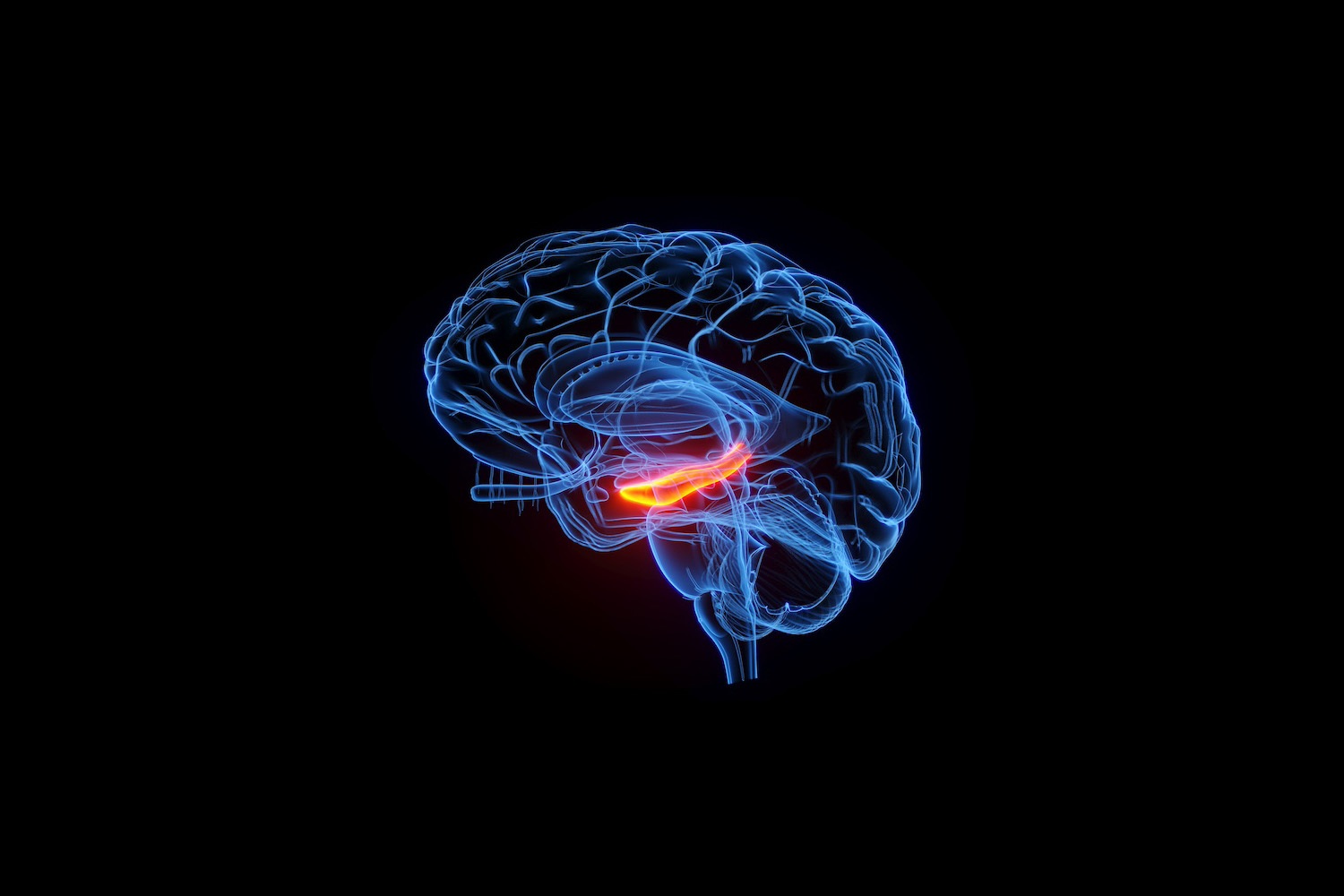What will your UK DRI programme focus on?
The entorhinal hippocampal circuit is one of the first areas of the brain to be affected in Alzheimer’s, and sometimes changes begin to take place many years before memory loss starts. As well as being responsible for forming memories, this area of the brain is also linked to spatial cognition, our brain's ability to understand our bodies in relation to the space around us. Research has shown that very early on in the disease process, deficits in spatial cognition begin to occur.
My lab aims to use spatial cognition to investigate changes in the entorhinal hippocampal circuit in Alzheimer’s and test the earliest effects of Alzheimer’s. Using mouse models, we will examine neurons and glia – supporting cells in the brain – and how these two cell types interact during the first stages of the disease. We want to understand this further, and explore how we can effectively intervene with these changes, whether that is using drugs or another method, such as neurostimulation.
What attracted you to the UK DRI?
My focus on translational aspects of the hippocampal entorhinal circuit is one of the major reasons I wanted to join the UK DRI. I already have several collaborations with UK DRI Group Leaders: I have worked with Bart De Strooper for several years now developing home cage monitoring systems for fully automated behavioural classification in mice. I am also collaborating with Karen Duff on a major project focusing on early changes in the hippocampal entorhinal cortex circuit related to spatial deficits, and harnessing this for a potential diagnostic test.
Why is this an important area of research? And what is the ultimate aim of your work?
Alzheimer’s is a neurodegenerative disease, and when neurons die, there is no way to recover them. Therefore, it’s very important to direct our intervention methods to the very earliest stages of the disease. Because the entorhinal cortex is one of the first areas to be affected by Alzheimer’s, there is huge opportunity for effective intervention before too many cells in the brain begin to die.
What are you particularly excited about in your field at the moment?
Very recently, there has been new discoveries of individuals who have the genes for familial Alzheimer’s but are somehow protected from developing the disease. There are genes that put us at higher risk, but it now seems like there are also genes which can protect us from the disease. And that both gives opportunities for therapeutic intervention, but also a window to understanding how the disease progresses and how it can be stopped by these protective genes. I think that was the first time I thought maybe with some kind of genetic therapy we can really stop the disease in its tracks.
Finally, what’s the most important thing you’ve learned from your career so far?
Always persevere, because hard questions require time to think, and solutions don’t come easily, unfortunately! The important questions are worth asking and pursuing, and you just have to be patient, follow your intuition and persevere, because the answers are worth it. Also, a good environment is really important. That’s one of the reasons I think the UK DRI is very attractive to anyone who would like to do real translational research.
Links
- https://www.krupiclab.com/
- Dr Krupic’s UK DRI profile
Article published: 2 January 2024
Banner image: SciePro/Shutterstock



